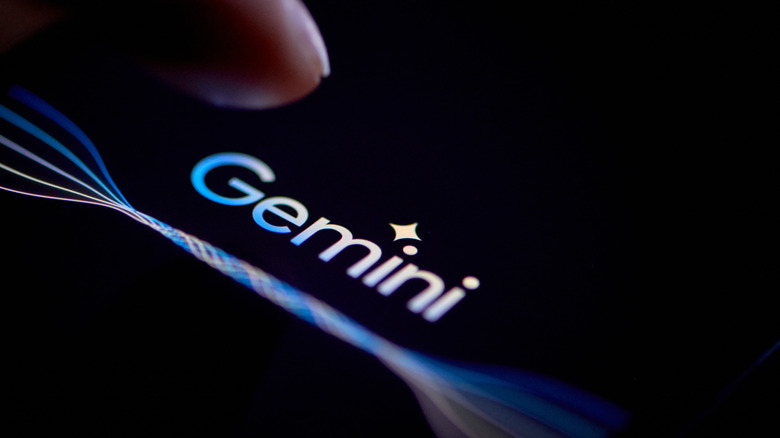
General Motors announced Wednesday that it will introduce a Google Gemini-powered conversational AI assistant across its lineup of cars, trucks, and SUVs beginning in 2026.
The feature, unveiled at the company’s GM Forward event in New York City, marks one of the automaker’s most consumer-facing technology updates, arriving ahead of larger projects such as its next-generation electrical architecture and hands-free driving systems planned for 2028.
GM’s collaboration with Google Gemini follows a broader trend among automakers incorporating generative AI into vehicles. Mercedes-Benz has begun integrating ChatGPT, Stellantis is working with Mistral, and Tesla has added xAI’s Grok assistant.
For GM, the rollout builds on its existing “Google built-in” ecosystem, which already offers Google Assistant, Google Maps, and Play Store apps through in-car infotainment systems. Since 2023, GM has also used Google Cloud’s Dialogflow chatbot to handle non-emergency OnStar features such as navigation and routing assistance.
The new Gemini-powered assistant is designed to deliver more natural, context-aware interactions that go beyond standard voice commands. GM executives said the system can interpret accents, recall previous conversations, and adapt to different speech patterns, creating a smoother and more conversational experience for drivers.
Drivers will be able to use the assistant to compose and send messages, plan multi-stop routes, and ask questions about landmarks while driving — for example, “What’s the history of this bridge I’m crossing?” The system can also access live web data for informational queries and connect directly to OnStar’s vehicle systems for personalized functionality.
The Gemini assistant will be distributed as an over-the-air update via the Play Store for OnStar-equipped GM vehicles from model year 2015 and newer. It will enhance OnStar’s current concierge capabilities and support the company’s long-term plan to build a custom AI ecosystem within its vehicles.
The assistant will also access car data to provide maintenance alerts, explain features like one-pedal driving, and even precondition the cabin temperature before the driver enters.
Training AI on Vehicle-Specific Data
GM plans to refine Gemini and other large language models using vehicle-specific datasets, enabling the assistant to understand diagnostics, settings, and performance information unique to each model. “We’ll take a base model and train it on the vehicle’s specifications, distill that down, and have that running on the vehicle,” said Dave Richardson, GM’s senior vice president of software and services.
While Gemini will be the first system deployed, GM also intends to evaluate foundational models from other AI companies, including OpenAI and Anthropic, to compare capabilities and flexibility.
Amid ongoing scrutiny over how automakers handle driver data, GM emphasized that users will control what information the assistant can access and learn from. The company said any collected data will be used only to improve vehicle performance and product experiences, not for resale.
To reinforce this approach, GM has expanded its data governance and privacy teams, hiring Christina Montgomery, IBM’s former chief privacy and trust officer, to implement stricter oversight and compliance measures. “Everything we’re going to do is driven by customer consent,” Richardson said.
Featured image credits: Gabby Jones/Bloomberg via Getty Images
For more stories like it, click the +Follow button at the top of this page to follow us.
